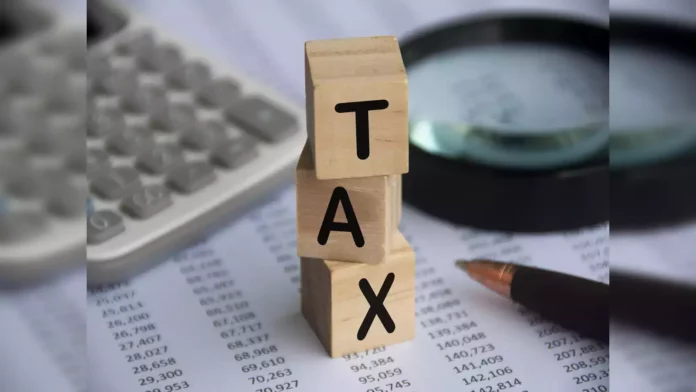Vidya Sethuraman
India Post News Service
As this year’s tax season draws to a close, the Internal Revenue Service (IRS) is undergoing a dramatic transformation. The agency is expected to slash thousands of jobs, reducing its workforce by 18% by late May, as planned by billionaire Elon Musk under the banner of the Department of Government Efficiency (DOGE). While the stated goal is to cut costs, experts warn that these staffing reductions could reduce government revenue by as much as $395 billion over the next decade. A panel of leading tax experts explored the far-reaching implications of these changes on government revenue, the economy, and taxpayers across the country.
Michael Kaercher, Deputy Director, NYU Tax Law Center; Former IRS Attorney first introduced the 2017 Trump tax reform and its extension plan. He pointed out that the total amount of this tax reform plan is 3.5 trillion US dollars, covering corporate tax and personal income tax cuts. Among them, the corporate tax rate is reduced from 35% to 21%, which has a significant impact on companies. In terms of personal income tax, tax cuts will continue until 2025. However, these tax reduction policies will bring more benefits to the rich, and it is estimated that half of the tax cuts will flow to the top 5% of taxpayers.
Taxation, Professor of Law and Finance, Yale University pointed out that the IRS is expected to collect about 97% of the $50 trillion in taxes required by the federal government this year. However, due to a shortage of resources and manpower, it is expected that about $70 billion in taxes will not be collected. She emphasized that the shortage of tax enforcement resources, especially the review of high-income groups, will likely lead to large-scale tax evasion and aggravate existing wealth inequality. It is estimated that of the $70 billion in unpaid taxes, about $20 billion to $25 billion comes from the top 1% of taxpayers. However, as the government cuts the IRS budget, these taxes will become more difficult to collect; in some cases, these cuts may even lead to more severe tax evasion, with total losses expected to reach $2.4 trillion.
Richard Prisinzano, Director of Policy Analysis, The Budget Lab pointed out that the downsizing of the IRS will allow companies and high-income groups to take advantage of the lax regulatory environment to evade taxes, which will further undermine the fairness of the tax system.
Aravind Boddupalli, Senior Research Associate, Urban-Brookings Tax Policy Center is concerned about the impact of these changes on immigrant communities. He mentioned that the data sharing agreement between the IRS and the Department of Homeland Security (DHS) may cause immigrant groups to fear filing taxes and therefore choose not to apply for the tax benefits they deserve, which will not only weaken their economic well-being, but also have a negative impact on children and families across the country.







